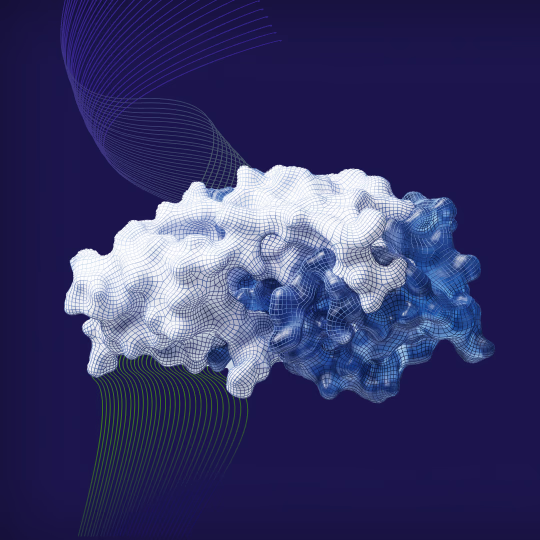Leaders
Mark P. Waller
Founder and CEO
Dr. Mark Waller held senior academic positions and led research teams across several world-class institutions, resulting in the publication of numerous seminal papers in the field of artificial intelligence and quantum mechanics that focused on drug discovery-relevant capabilities.
01
02
03
04
05
Founders
01
02
03
04
05
Founders
01
02
03
04
05
Founders
01
02
03
04
05
Founders
01
02
03
04
05


















